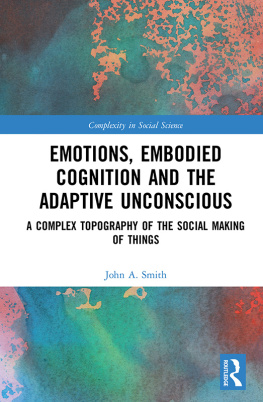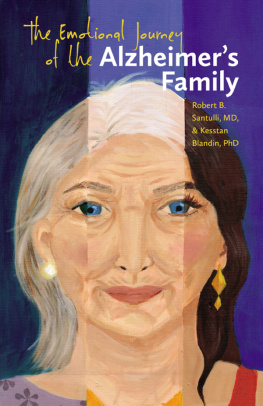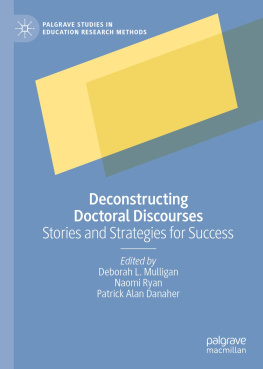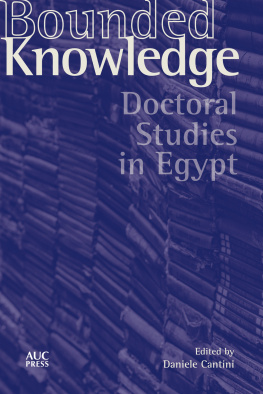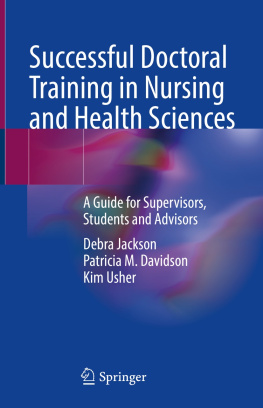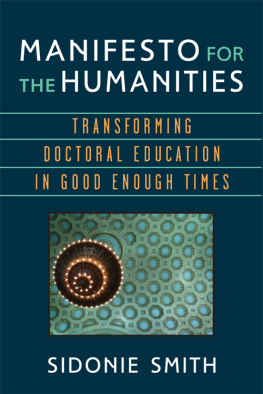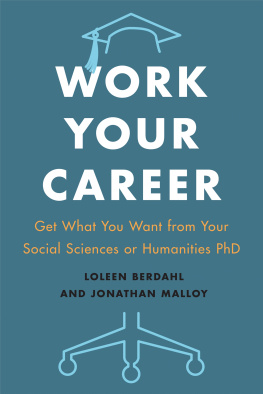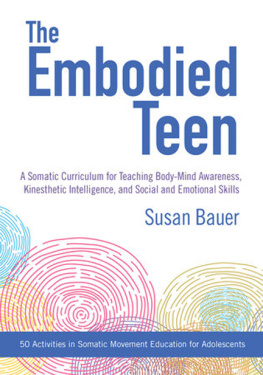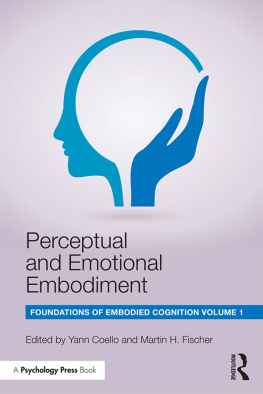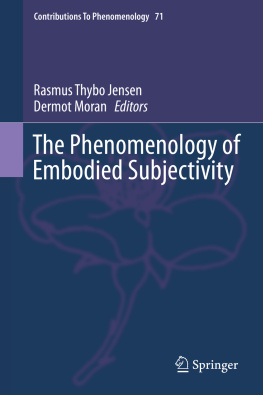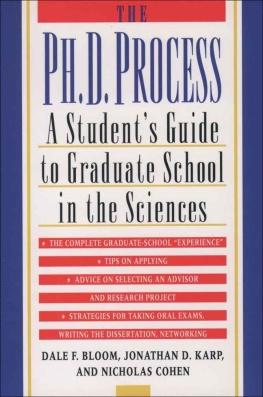
The contributors to this book take the idea of the doctoral journey seriously, a journey that is generally undertaken without a map or compass and with only a vague idea of the final destination. The doctoral journey is not simply an intellectual process but also a personal and emotional one, for all participants and for their friends and families, and supervisors and students, jointly and separately, engage in autobiographical reflections on their experience of that journey. Contributors highlight the power and uncertainty inherent in the supervisory and research relationships and document the emotional issues that arise in the handling of those emotions. A diversity of journeys is explored, including those in which the destination changes as the journey proceeds and, in some cases, is never reached. These are fascinating, thoughtful, and highly personal accounts that identify the problems and footfalls of the doctoral journey, but in highlighting its joys and elation show what the doctoral journey could and should be like.
John Scott, CBE, Emeritus Professor, University of Plymouth, UK
Perhaps this book is the missing link in our bid to define best practice higher degree supervision. Privileging emotions and the emotional, usually regarded for all too long as antithetical in academia, this text speaks with candour to the actuality of many, many doctoral practices, from both supervisor and candidate perspective. Finally, an in-depth reality check. Excellent notions to interrogate, long overdue.
Sue Joseph, Associate Professor, University of South Australia
The relationship between the student and the supervisor(s) is at the heart of the PhD process. This insightful volume consists of narratives, often authoethnographic accounts, which explore the emotional, political and embodied aspects of this relationship through the metaphor of a journey. A great strength of the book is that many chapters incorporate the experiences of both supervisors and supervisees, as they reflect on the difficulties and rewards of the process. Throughout, the importance of intersectionalities of class, race, gender and disablement within the student experience is highlighted, while some chapters deal with particular issues, such as the ritual of the viva, the experience of an interdisciplinary team or, tragically, the death of a student. These accounts will ring true to anybody who has been a PhD candidate or a supervisor, while those embarking on these roles will find much food for thought; in the phrase of one contributor, Nadine Boulay, the book should make you feel less alone.
Harriet Bradley, University of the West of England
This is a very powerful collection of work that illustrates the complexity of doctoral research, the critical role of relationships that are formed as part of the process, and the experiences that are navigated by all involved. This book challenges the emotional, embodied and political in ways that will enhance the practices of those who take the time to immerse themselves reflexively in the rich, thoughtful accounts so skilfully shared here. This is essential reading for all those who recognise the key role of the person and the personal in academic work and who are fully committed to doctoral research that is careful, ethical and genuinely transformative.
Anne Chappell, Senior Lecturer in Education, Brunel University
The Doctoral Journey as an Emotional, Embodied, Political Experience
The Doctoral Journey as an Emotional, Embodied, Political Experience is the first text of its kind to capture stories of involvement in doctoral journeys from students, supervisors, and examiners. Drawing from experiences across a variety of disciplines in the social sciences, medical sciences, education, and the humanities, these stories share a keenness to demonstrate the ways in which this journey is emotional (rather than detached), embodied (rather than separated), and political (rather than having no relationship to politics).
The metaphor of journey is often adopted to describe and explore the PhD process. However, this journey is usually only seen from the perspective of the doctoral candidate. This implies that it is only the student that learns, develops, and reflects. However, this is clearly not always (maybe never) the case. The suggestion that the candidate learns whilst the supervisors teach harks back to traditional masculinist educational approaches and neglects the reciprocal knowledge-sharing process between student and supervisor. Similarly, the prescription that relationships between all concerned remain professional and removed, rather than in any way intimate, suggest an unrealistic acceptance of a scientific, detached objective agenda rather than an emotional, embodied, political, and holistic approach to research. Instead, the contributions to this book extend the journey metaphor to additionally consider the journeys of supervisors and examiners, and the joint, collaborative journey of the team (the candidate, their supervisors, and their examiners).
This book provides a challenge to traditional understandings of the doctoral process and offers implications for future reflection and practice. The book is therefore invaluable to doctoral students, supervisors, examiners, and readers interested in pedagogy and educational practice.
Rebecca (Bex) Twinley I am Senior Lecturer in the School of Sport and Health Sciences at the University of Brighton, UK. In my doctoral work, I challenged the lack of acknowledgement regarding woman-to-woman rape and sexual assault. In doing so, I challenged my own pre-existing barriers and assumptions regarding subjectivity and objectivity by choosing to work from a sociological auto/biographical approach, as valuably guided by Gayle. I enjoy thinking critically and challenging norms, assumptions, and unaddressed issues that impact upon people and their subjective experiences of occupations. For this reason, I developed the concept of the dark side of occupation as a means to challenge occupational therapists and scientists to consider aspects of occupations that are hidden, poorly understood, unrecognised or inconsistent with their personal or professional values.
Gayle Letherby I am Visiting Professor (Sociology) at the University of Plymouth, UK and the University of Greenwich, UK. In my own doctoral work, I adopted an auto/biographical approach to focus on the status and experience of infertility and involuntary childlessness. As a postgraduate student, I also began to write with others about methodological issues and about working and learning in Higher Education. For me, learning and working in higher education has always been an emotional, embodied, political act. In the 24 years since finishing my PhD in 1997, the people I feels I have learnt the most from are those I have met as supervisor and as examiner at doctoral level. I have learnt much about a great many topics and methodological approaches as well the different experiences and challenges faced by students.
Cover credit: Getty Image
First published 2022
by Routledge
2 Park Square, Milton Park, Abingdon, Oxon OX14 4RN
and by Routledge
52 Vanderbilt Avenue, New York, NY 10017
Routledge is an imprint of the Taylor & Francis Group, an Informa business
2022 selection and editorial matter, Rebecca Twinley and Gayle Letherby; individual chapters, the contributors
The right of Rebecca Twinley and Gayle Letherby to be identified as the authors of the editorial material, and of the authors for their individual chapters, has been asserted in accordance with sections 77 and 78 of the Copyright, Designs and Patents Act 1988.


